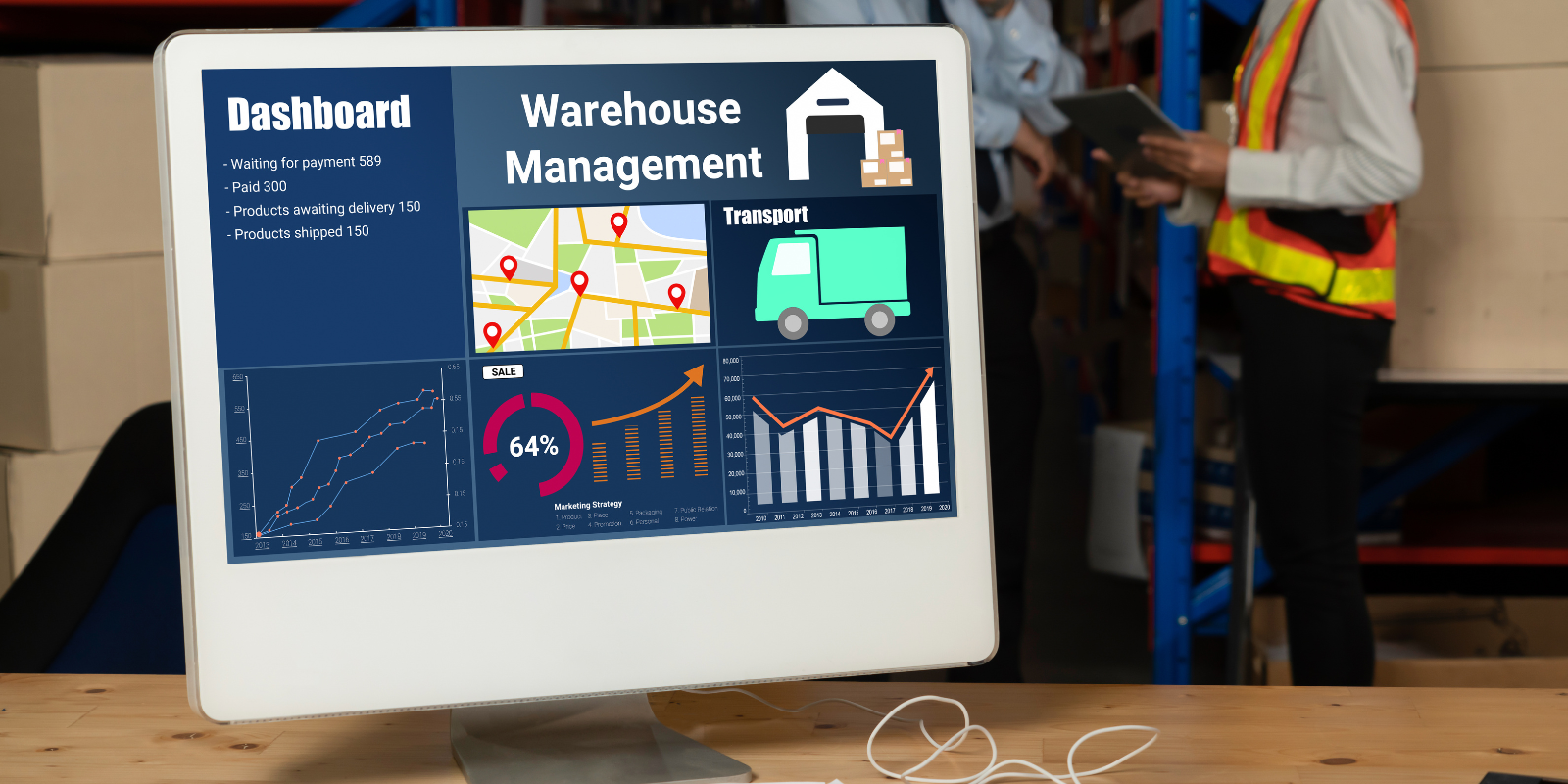In today’s data-driven world, businesses are swimming in an ocean of information. The real challenge isn’t gathering data—it’s making sense of it. Enter the age-old debate in the world of data management: data lakes vs. data warehouses. Each has its unique strengths, but which one is right for your business? Let’s dive in.
Data lakes: The all-encompassing reservoir
Think of a data lake as a massive reservoir that collects data in its raw, unstructured form. Whether it’s text, images, videos, or logs, data lakes store everything just as it comes in. They’re ideal for businesses seeking flexibility and scalability.
Strengths:
Great for big data and machine learning projects.
Handles unstructured and semi-structured data seamlessly.
Cost-effective for large volumes of data storage.
Example: Tech giants like Netflix use data lakes to store user activity data, enabling personalized recommendations through advanced analytics.
Data warehouses: The refined data storehouse
If a data lake is a raw reservoir, a data warehouse is the meticulously curated library. Data here is organized, structured, and optimized for querying. It’s perfect for businesses prioritizing fast, insightful reporting.
Strengths:
Delivers quick insights through SQL queries.
Ideal for historical data analysis and business intelligence.
Ensures data quality and consistency.
Example: Retailers like Walmart rely on data warehouses for precise inventory management and sales forecasting.
Key differences
Data Type: Data lakes store all data types, while warehouses focus on structured data.
Cost: Lakes are cheaper to store but expensive to process; warehouses are pricier upfront but efficient for analytics.
Users: Data scientists love data lakes, while analysts favour data warehouses.
Choosing the right fit
The choice boils down to your business needs. Are you building AI models or working with raw, vast datasets? A data lake might be your best bet.
Need quick business insights from structured data? Opt for a data warehouse.
But why choose? Hybrid solutions like data lake-house blend the best of both worlds. And they offer flexibility and structured data performance.
The bottom line? In the ever-evolving data landscape, the right architecture is the one that aligns seamlessly with your goals. Whether it’s a lake, a warehouse, or a hybrid, the future of your data strategy starts here.






